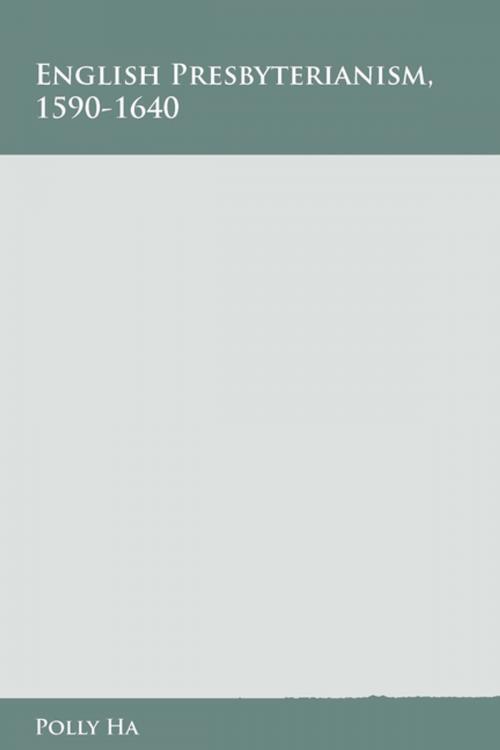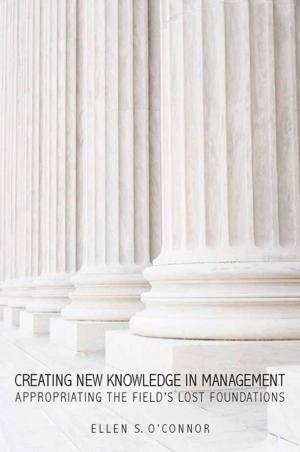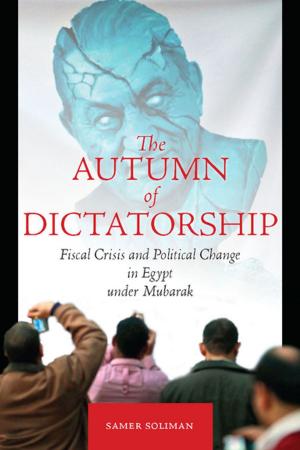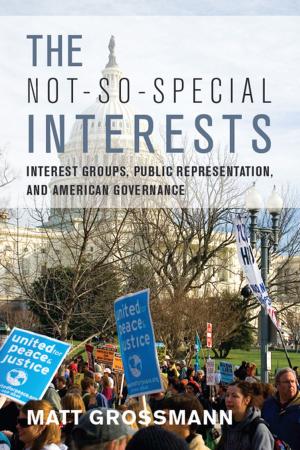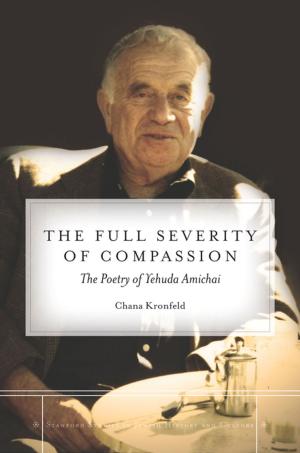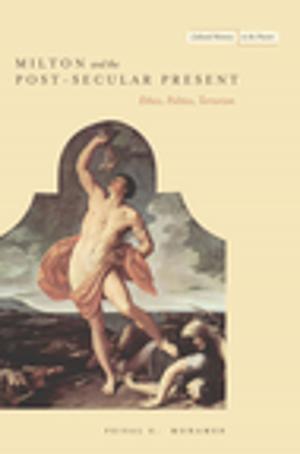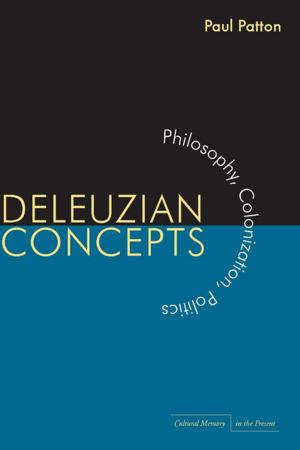| Author: | Polly Ha | ISBN: | 9780804776936 |
| Publisher: | Stanford University Press | Publication: | December 1, 2010 |
| Imprint: | Stanford University Press | Language: | English |
| Author: | Polly Ha |
| ISBN: | 9780804776936 |
| Publisher: | Stanford University Press |
| Publication: | December 1, 2010 |
| Imprint: | Stanford University Press |
| Language: | English |
This book offers an alternative interpretation of pre-Civil War England, challenging the standard narrative that English presbyterianism was successfully extinguished from the late sixteenth century until its prominent public resurgence during the English Civil War. From their emergence in the 1570s, English presbyterians posed a threat to the Church of England, and, in 1592, the English crown arrested the leaders of the presbyterian movement. Ha shows that, during the ensuing half century of apparent silence, English presbyterians remained continually active. They made a concerted effort, for example, to build an alliance with common lawyers against episcopal authority. Yet they also sought to prove the compatibility of their church government with royal supremacy. They agitated for further reformation of the Church of England, but by the early seventeenth century they had contributed to the birth of 'independency' and to puritan appeals to neo-Roman views of liberty.
This book offers an alternative interpretation of pre-Civil War England, challenging the standard narrative that English presbyterianism was successfully extinguished from the late sixteenth century until its prominent public resurgence during the English Civil War. From their emergence in the 1570s, English presbyterians posed a threat to the Church of England, and, in 1592, the English crown arrested the leaders of the presbyterian movement. Ha shows that, during the ensuing half century of apparent silence, English presbyterians remained continually active. They made a concerted effort, for example, to build an alliance with common lawyers against episcopal authority. Yet they also sought to prove the compatibility of their church government with royal supremacy. They agitated for further reformation of the Church of England, but by the early seventeenth century they had contributed to the birth of 'independency' and to puritan appeals to neo-Roman views of liberty.
